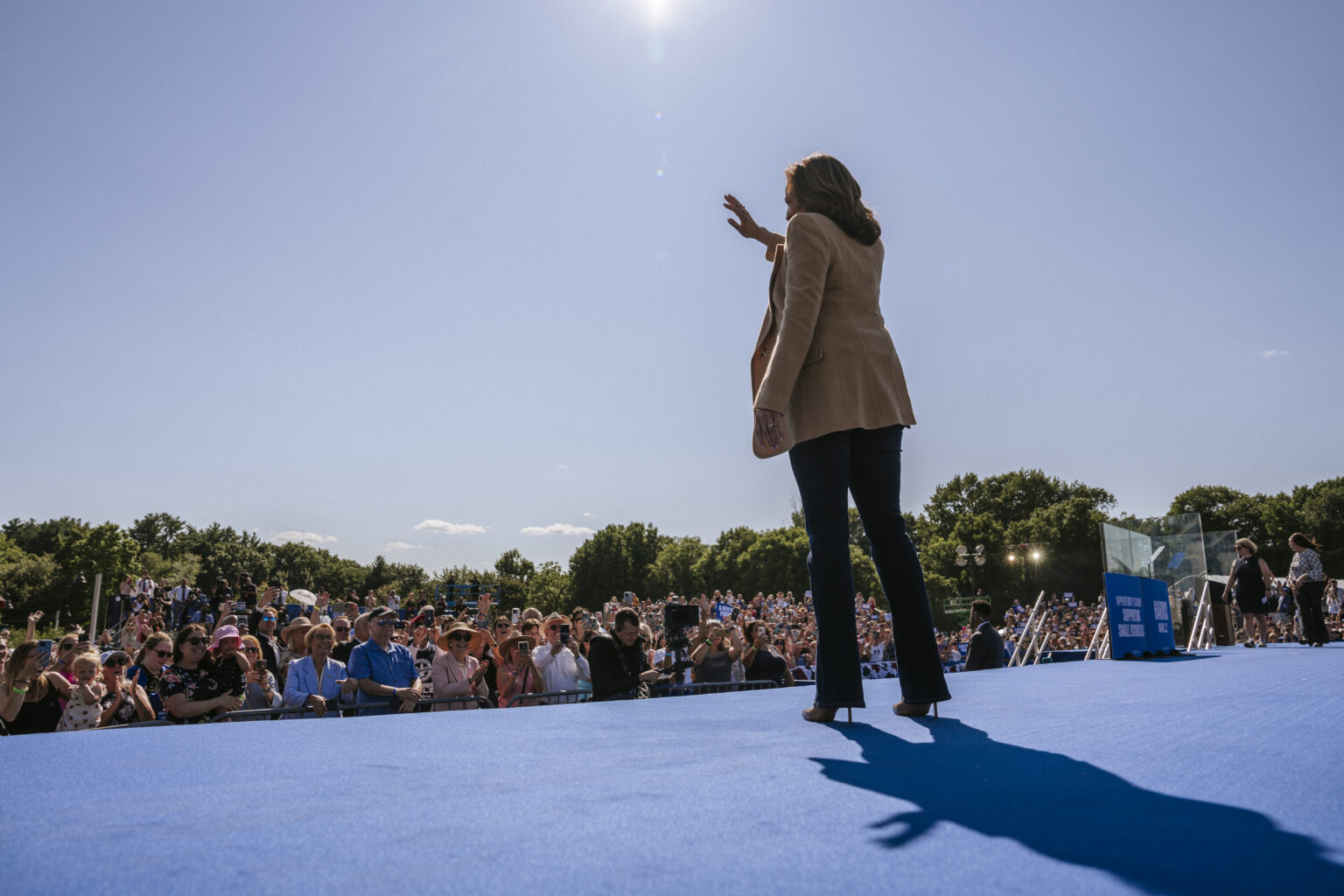In August, Vice President Kamala Harris announced her support for various tax increases initially proposed by President Biden. These hikes would only affect those earning at least $400,000 per year — but would raise almost $5 trillion over a decade.
Unsurprisingly, many wealthy Americans oppose the prospect of paying more tax. Perhaps the most controversial of Harris’s proposals, however, won’t even affect the merely wealthy.
Only those worth more than $100 million would be on the hook under what is known as the billionaire minimum tax. According to data from New World Wealth, there are only around 10,000 Americans who meet that criteria.
These ultra-wealthy taxpayers would have to pay a minimum tax of 25% on any money borrowed using unrealized capital gains as collateral. In other words, they would have to pay tax on the increase in the value of their assets — stocks, bonds, and so on — if those assets are used to access more capital.
Currently, the ultra-wealthy can avoid paying taxes by holding onto their assets and using them as leverage to take out massive, tax-free loans. As the DC Fiscal Policy Institute explains, the ultra-wealthy use their borrowed cash to “access significant amounts of untaxed cash to live luxuriously while continuing to grow [their] wealth, untaxed, indefinitely.”
As a result of this (and other tax avoidance methods), billionaires had a lower effective tax rate than working-class Americans for the first time in history in 2018.
IRS data analyzed by ProPublica shows billionaires like Jeff Bezos, Michael Bloomberg, and Elon Musk might pay no federal income tax at all. Musk, however, was able to convince various banks to lend him some $13 billion to help finance his purchase of Twitter, backed in part by his shares in Tesla.
That borrowed $13 billion has since become the “worst merger-finance deal for banks since the 2008-09 financial crisis,” according to the Wall Street Journal.
Proponents of the billionaire minimum tax argue it would curtail the ultra-rich’s ability to interfere in elections, fund climate-busting lifestyles of luxury, and finance terrible business deals — all without paying a cent in taxes.
“If the billionaires don’t want to pay taxes on” their wealth, one Reddit user says, they shouldn’t “use it as collateral.”
According to the Committee or a Responsible Fiscal Budget, the billionaire minimum tax alone would raise $500 billion over a decade. A few other proposed taxes on the wealthy, including eliminating the “step-up” loophole that allows the rich to pass on wealth without paying tax, raise that figure to $900 billion.
Taxing the rich is not a new idea. In 1960, the 400 richest Americans — who today pay less tax than working-class Americans — paid an effective tax rate of 56%. That’s far higher than Biden’s previous proposal for a capital gains tax of 39.6%. It’s even higher than Bernie Sanders’s proposed rate of 54.2%.
Nevertheless, Harris’s relatively moderate proposal has still generated significant opposition. In August, the New York Times reported that ultra-wealthy donors have been pushing Harris to drop the idea behind closed doors. Online, opponents of the unrealized gains tax have complained that it will undercut investment, spark capital flight, and generally damage the economy.
“The reality is that taxes that start off narrowly focused on just a small group of people always end up expanding to get almost everyone,” Derek Hunter of the Hill writes, using a textbook “slippery slope” argument.
As the City-County Observer pointed out, unrealized gains taxes were tried in multiple European countries in the 1970s and 80s — and abandoned after unintended negative consequences abounded.
That doesn’t mean that a tax on unrealized capital gains is impossible to do correctly, however. And it certainly doesn’t preclude reversing decades of declining taxes on the ultra-rich.
“Vice President Harris believes billionaires and large corporations should pay their fair share in taxes, like everyone else,” a Harris campaign spokesperson says. “They should have to pay a minimum tax rate because it’s not right that they pay a lower income tax rate than a teacher or firefighter.”
Related: Wharton Finds Trump’s Policies Will Add $4.1 Trillion to Debt, Kamala’s $1.2 Trillion


